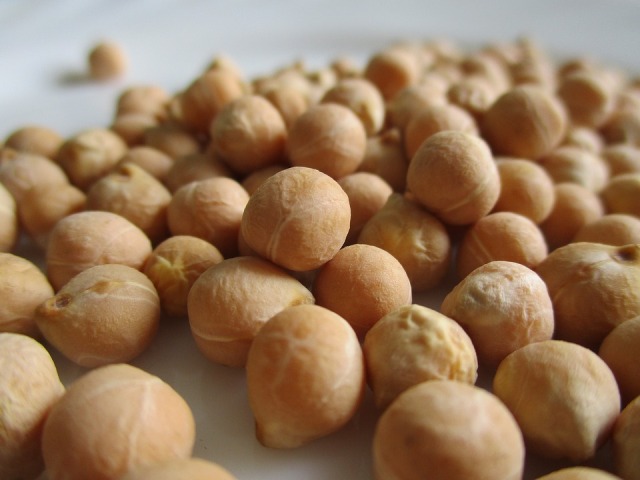ICAR develops 2 new chickpeas varieties; to benefit 6 states

- Country:
- India
Government research body Indian Council of Agricultural Research (ICAR) on Friday said two superior chickpea varieties have been developed through molecular breeding and are best suited for cultivation in six states. The two varieties -- 'Pusa Chickpea 10216' and 'Super Annigeri 1' -- have been developed jointly by ICAR and University of Agricultural Sciences, Raichur in Karnataka in collaboration with International Crops Research Institute for the Semi-Arid Tropics through genomic interventions inbreeding called molecular breeding.
These two chickpea varieties would benefit states like -- Andhra Pradesh, Gujarat, Karnataka, Madhya Pradesh, Maharashtra, and Uttar Pradesh. 'Pusa Chickpea 10216' is a drought-tolerant variety that has an average yield of 1,447 kilo per hectare with over 11 percent yield superiority over the recurrent check variety 'Pusa 372' under moisture stress condition in central parts of India, a senior official of ICAR said.
The new variety has been developed to replace 'Pusa 372' variety. It matures in 110 days and is moderately resistant to fusarium wilt, dry root rot and stunt diseases of chickpea. This variety has been identified for release in Madhya Pradesh, Maharashtra, Gujarat and Bundelkhand region of Uttar Pradesh.
The second variety 'Super Annigeri 1', the official said it has been identified for release in Andhra Pradesh, Karnataka, Maharashtra, and Gujarat. The variety has an average yield of 1,898 kilo per hectare, seven percent higher yield over current leading variety 'Annigere-1' grown in Karnataka, the official said.
This variety is resistant to Fusarium wilt disease, an important yield-reducing factor in South India. This variety matures in 95-110 days. India has achieved self-sufficient in pulses production offlate. The production of pulses is estimated to have reached 23.22 million tonnes during the 2018-19 crop year that ended in July because of several interventions.
(This story has not been edited by Devdiscourse staff and is auto-generated from a syndicated feed.)
ALSO READ
Maharashtra Naxalites Surrender in Gadchiroli: A Victory for State's Rehabilitation Policy
Political Rivals Exchange Cordial Birthday Greetings in Andhra Pradesh
Mahayuti Government Set for Portfolio Allocation in Maharashtra
Maharashtra to Draft New Safety Norms for Industrial Reactors
Opposition Uproar Over Maharashtra Fake Medicine Scandal










